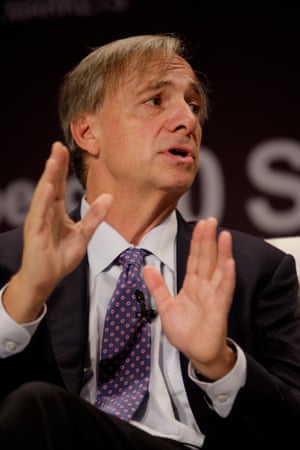Avoiding politics at the dinner table may prove harder than ever this Christmas for families on opposite sides of Britain’s intergenerational Brexit divide.
Voters over 65 were more than 50% more likely to vote to leave the European Union than those under 34, and polls suggest opinions have hardened since. Divorce lawyers have already warned that differing views on the subject are also an added source of stress in many marriages.
At Thanksgiving, when American families gathered for the first time after the equally divisive election of Donald Trump, the New York Times was so worried it published a list of “election facts to keep handy for holiday discussions”. In the interest of similarly avoiding a post-truth Christmas in the UK, here is a festive bluffer’s guide to latest twists and turns of the Brexit debate to keep by the crackers:
Whose Idea was it again?
Six months on from the referendum we know a lot more about the demographics of the electorate. A recent study by NatCen Social Research found the people most likely to vote leave were those without formal educational qualifications (78%), those with a monthly income of less than £1,200 (66%) and those in social housing (68%). Voters against EU membership were also more likely to be white, male, and readers of the Sun or the Daily Express. Anyone brave enough to point this out over Christmas pudding should bear in mind that just 9% of leave voters said they were regular readers of the Guardian. Remainers were also heavily concentrated in London, Scotland and Northern Ireland, but in a minority elsewhere.
Will it ever actually happen?
In private, one European finance minister puts the chances of the Brexit “experiment” being abandoned as high as 25%. Scotland’s first minister, Nicola Sturgeon, has proposed the radical solution of Scotland staying in the single market even if the rest of the UK leaves. In London, it is hard to find anyone in any doubt that the UK government will at least have to give full Brexit a very good try before the next general election. There is always a risk that unforeseen events – another financial crisis or a wider EU unravelling, for example – can intervene, but the likelihood is they won’t. This is happening.
What about that legal challenge?
A supreme court judgment on the government’s right to start divorce proceedings by invoking article 50 without consulting parliament is due in the middle of January. The government is expected to lose, but the impact of the case has been undermined by growing signs that it could easily assemble enough MPs to pass the necessary legislation. An amendment to a Labour motion calling for more transparency in the process saw just 23 Labour MPs vote against their party whip in protest at the very idea of invoking article 50.
Weren’t we meant to be eating baked beans in candlelight by now?
The Guardian’s latest Brexit barometer confirms that many of the more dire economic projections of the impact of a leave vote have yet to come to pass. That does not mean they won’t, though. There are already worrying signs of anxietyabout Britain’s future trading arrangements that can be seen in the slumping value of sterling. EU negotiators are also threatening to extract a £50bn divorce settlement as the price of agreeing a post-membership deal which our ambassador has warned could take a decade. In the meantime, banks and carmakers are warning of an exodus if a transitional arrangement is not agreed to soften the “cliff edge”. Don’t throw out the candles just yet.
So, what’s the plan?
Ah. This is where lunch could get awkward. The truth is we don’t have one yet. Theresa May has said she will give a speech in January setting out the broad aims of Britain’s negotiating position. The Brexit minister, David Davis, has said he will publish a slightly fuller, but not very full, outline for parliament to debate in March. The prime minister also admitted to the Commons liaison committee on Tuesday that leaving the EU without any sort of agreement on the terms of divorce let alone future relations was one of several contingency plans that Whitehall was preparing for. There is now talk of soft Brexit, hard Brexit or “train-crash” Brexit, with the smart money increasingly on something between the last two.





